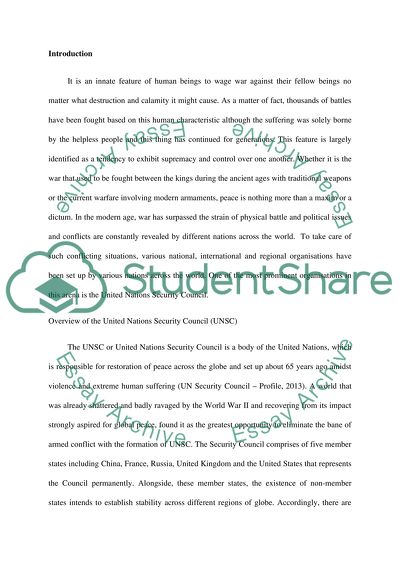Cite this document
(“Public international law Essay Example | Topics and Well Written Essays - 4000 words”, n.d.)
Public international law Essay Example | Topics and Well Written Essays - 4000 words. Retrieved from https://studentshare.org/law/1498718-public-international-law
Public international law Essay Example | Topics and Well Written Essays - 4000 words. Retrieved from https://studentshare.org/law/1498718-public-international-law
(Public International Law Essay Example | Topics and Well Written Essays - 4000 Words)
Public International Law Essay Example | Topics and Well Written Essays - 4000 Words. https://studentshare.org/law/1498718-public-international-law.
Public International Law Essay Example | Topics and Well Written Essays - 4000 Words. https://studentshare.org/law/1498718-public-international-law.
“Public International Law Essay Example | Topics and Well Written Essays - 4000 Words”, n.d. https://studentshare.org/law/1498718-public-international-law.


